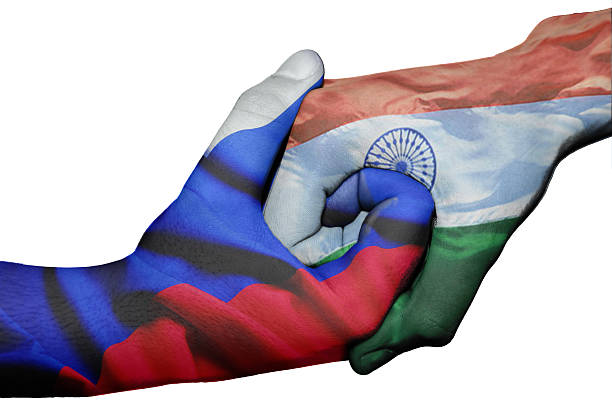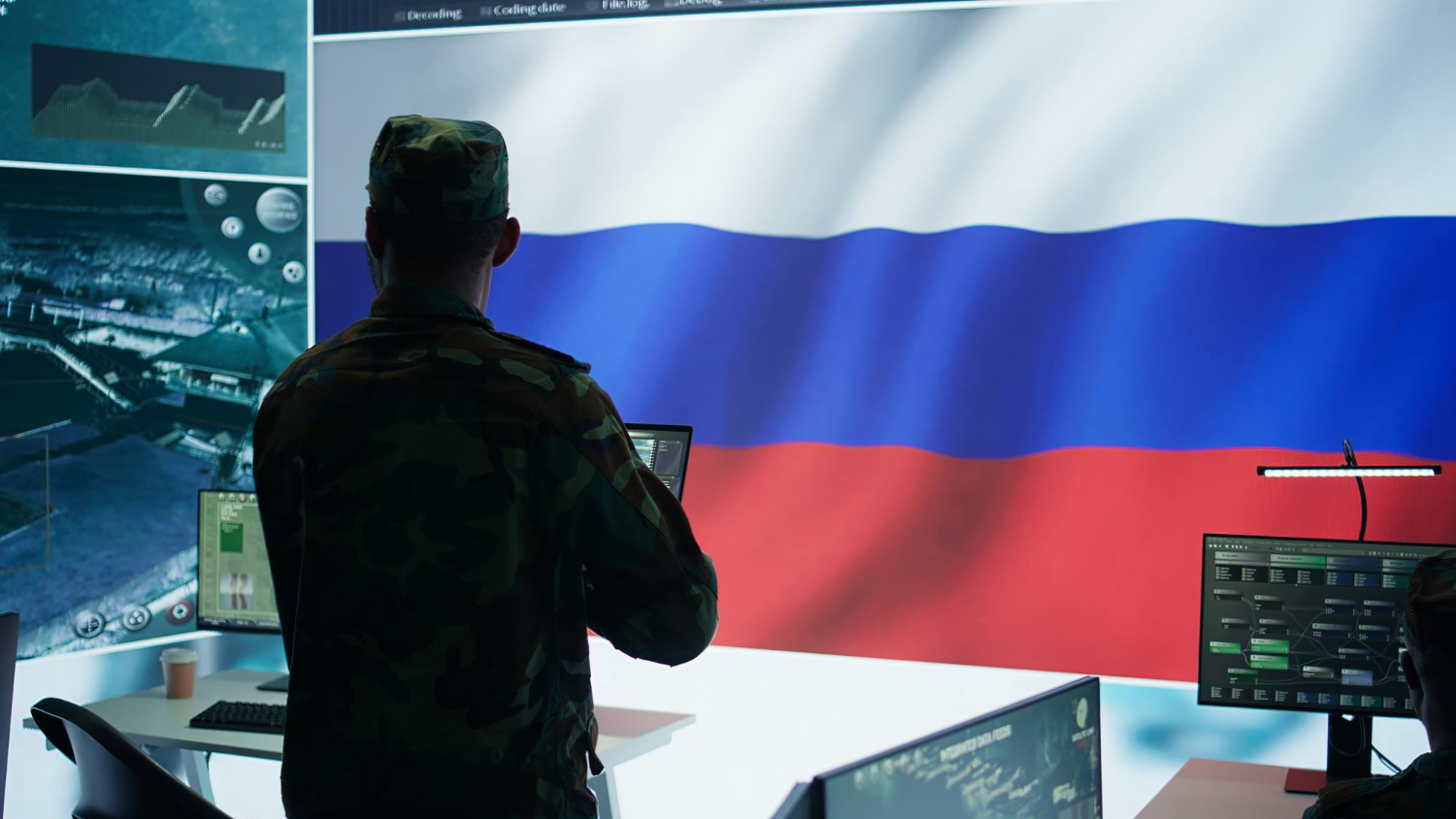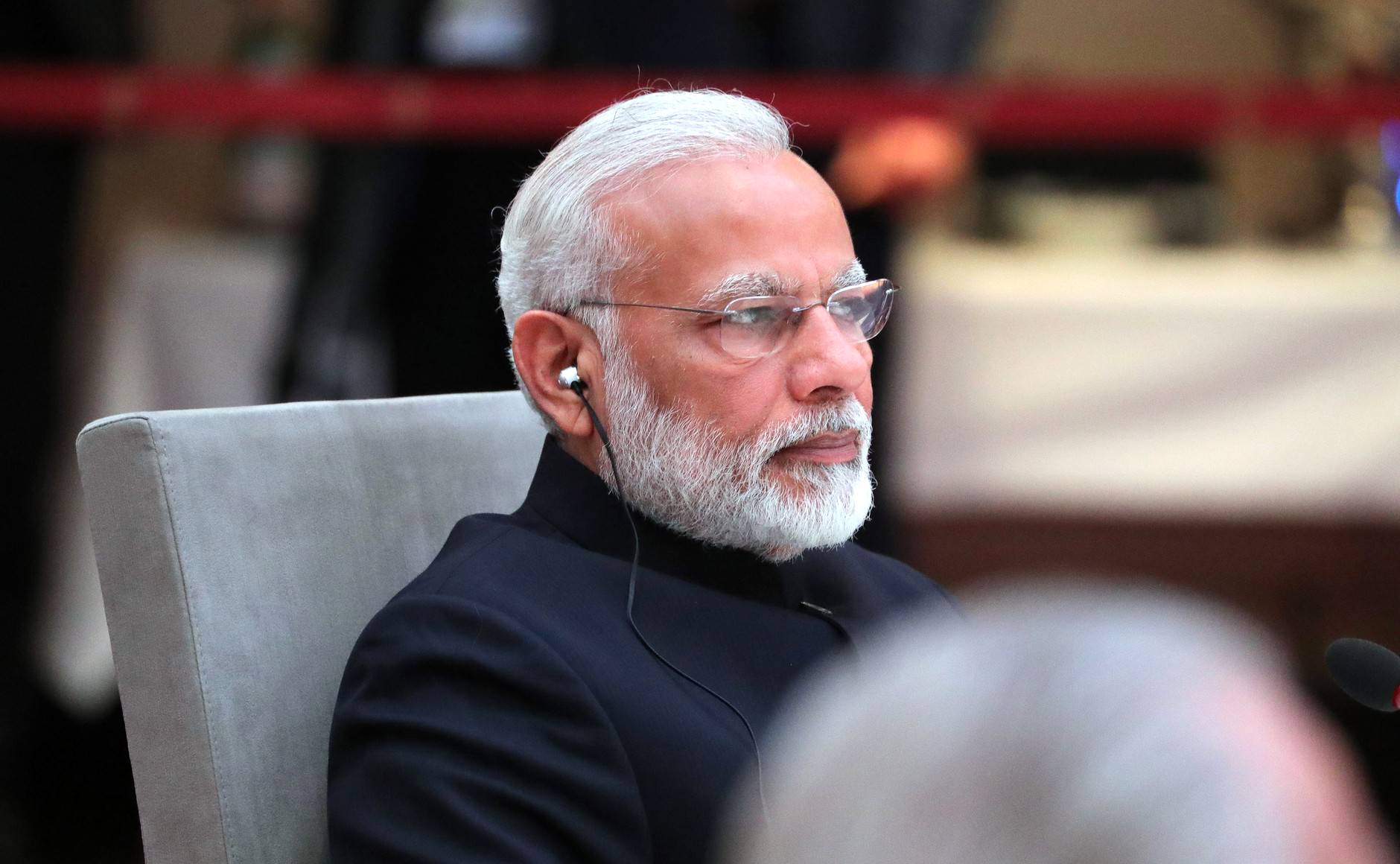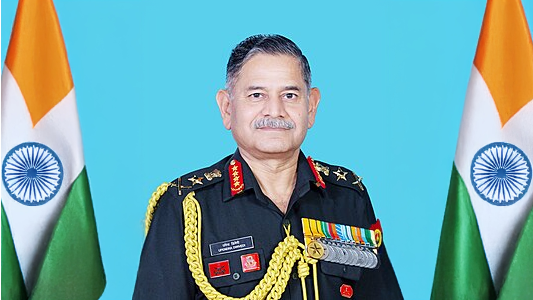India’s Right to Self-Defense: Germany’s Foreign Minister has expressed shock at the brutal terrorist attack that took place in Pahalgam on April 22, 2025. He stated that after such military action, India has every right to defend itself.

India’s Right to Self-Defense: Germany Backs India’s Operation Sindoor, Supports India’s Right to Defend Itself
Germany On Operation Sindoor: Germany has shown strong support for India’s military operation, Operation Sindoor, which was launched in response to a devastating terrorist attack in Pahalgam. German Foreign Minister Johan Wedfull expressed deep sympathy for the victims and firmly stated that India has the full right to defend itself against any acts of terrorism. His remarks come at a time when global attention has shifted to the recent conflict between India and Pakistan.
Wedfull began by acknowledging the horrific events that took place in Pahalgam on April 22, 2025. According to him, Germany was shocked by the scale of the violence and the cruelty shown by the terrorists. “We are truly appalled by the brutal terrorist attack that took the lives of innocent civilians in Pahalgam,” he said. He emphasized that such acts of terror deserve the strongest condemnation from the international community.
He also expressed Germany’s deep condolences to the families who lost their loved ones in the attack. “Our hearts go out to all the victims and their families who are suffering from this tragedy,” he stated. Wedfull’s words reflect Germany’s commitment to standing in solidarity with India during these challenging times.
India’s Right to Counter Terrorism Recognized
The German foreign minister did not stop there. He made it very clear that Germany fully supports India’s efforts to combat terrorism. “After the military exchanges between both countries, India certainly has the right to defend itself,” he declared. By stating this, Wedfull underlined Germany’s understanding of the critical need for self-defense in the face of terror threats.
He also referred to the bilateral nature of the conflict and the importance of finding a peaceful and sustainable resolution. “What matters now is ensuring the ceasefire holds steady. It’s essential for both sides to consider their core interests and find a way to resolve this conflict through direct dialogue,” Wedfull noted.
Ongoing Efforts to Strengthen Counter-Terrorism Dialogue
Wedfull pointed out that Germany and India have been collaborating for many years in their shared fight against terrorism. “Germany and India have engaged in regular talks on counter-terrorism for a long time, and we’re determined to strengthen these discussions further,” he said. This statement highlights Germany’s broader commitment to working closely with India, not just during this crisis but as a long-term partner in the fight against extremism.
He also mentioned the ceasefire that is currently in place between India and Pakistan. Wedfull expressed hope that it would lead to more productive conversations and a permanent resolution. “The fact that a ceasefire is now active is a positive sign. We hope it will pave the way for constructive negotiations,” he said.

India’s Response and Its Strong Position
On the other hand, India’s External Affairs Minister S. Jaishankar offered his own remarks about the situation. He arrived in Berlin shortly after India launched Operation Sindoor, underscoring how seriously India is treating this conflict. Jaishankar made it clear that India will not tolerate terrorism in any form. “India has always had zero tolerance for terrorism,” he affirmed. His statement served as a strong reminder of India’s unwavering resolve to defend its sovereignty and protect its people.
Jaishankar also addressed the issue of nuclear threats, stating that India will never be coerced by nuclear blackmail or intimidation. “We will never give in to nuclear blackmail,” he said firmly. By doing so, he put to rest any speculation about India’s position on security matters, especially in the face of provocative statements from its neighbors.
Importance of Bilateral Solutions
India’s External Affairs Minister reiterated that any discussion or resolution of the conflict must take place strictly through bilateral means. “India will always deal with Pakistan only through direct bilateral dialogue. There should be no doubt about this,” Jaishankar declared. His clear stance sent a strong message that India will not accept third-party interference in its disputes.
He also appreciated Germany’s understanding and support of India’s right to defend itself. “We value Germany’s recognition of the fact that every country has the legitimate right to protect itself from terrorism,” he said.
A United Front Against Terrorism
This episode has highlighted the growing cooperation between India and Germany on security issues. Both countries have made it clear that terrorism is a global menace that must be defeated through united efforts and unwavering commitment. Germany’s statement of support is a strong endorsement of India’s right to defend itself and sends a powerful signal to the world that terrorism will not be tolerated.
As Operation Sindoor unfolds and India continues to strengthen its security measures, the support from international partners like Germany adds a vital layer of diplomatic strength. It reinforces the idea that India is not alone in its fight against terrorism and that there is a broad consensus in the global community that every nation must be allowed to protect its citizens from violence and extremism.
Also Read:
- How India Destroyed Pakistan’s Nur Khan Airbase
- Russia’s Weapons Best in War, Putin Hints at Pakistan’s Loss?
- Israel PM Slams UK, France, Canada for Backing Hamas
Author

Sahil V
Sahil V. is a passionate contributor at InsightIndia.in, specializing in world geopolitics and job-related updates. With a keen understanding of global affairs and employment trends, he delivers insightful articles that help readers stay informed and make smarter career decisions in a rapidly changing world.















